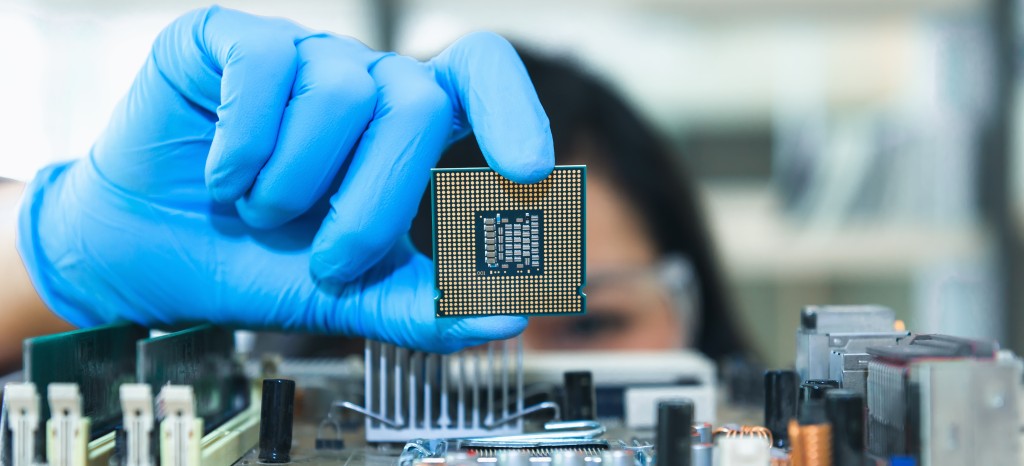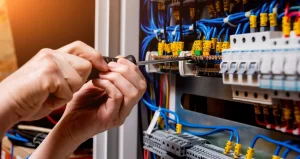The RoHS compliance seal is mostly borne on every EU EEE product and that resembles a bright green checkmark. People are mostly well-versed with its sign but how many of you know in-depth about the compliance? What does it mean to you and the products it is stamped upon? Here are listed the most important facts everybody should know about the RoHS testing stamp and its benefits.
- RoHS stands for Restriction of Hazardous Substances and this is a compliance initiative that is solely controlled by the European Union. This compliance protects the consumers and the environment from hazardous materials in both electric as well as electronic products.
- RoHS strictly regulates the ban on using 10 of their listed hazardous and toxic substances. They do not encourage using lead, mercury, cadmium, hexavalent chromium, PBB, PBDE, DEHP, BBP, DBP, and DIBP. The directives also mention that the products RoHS is applicable on must contain less than 1000 ppm of the restricted materials.
- The RoHS testing is extremely important for both the people as well as the planet. The RoHS materials must be disposed of with ultimate care and security. By keeping these materials out of production, one can prevent the pollution of the landfills with these wastes. Also, the compliance helps the manufacturing unit stay safe and healthy for the workers who are prevented from exposure to harmful chemical compounds.
- The CE marking is only received upon passing the RoHS certification. Without the CE marking, any manufacturer will not be able to sell off their electrical or electronic products in the EEA or European Economic Area.
- RoHS guidelines cover a rather wider range of electronic and electrical products. These include every large and small home appliance, IT and communications equipment, consumer equipment, medical devices, control instruments as well as automatic dispensers and semiconductor devices.
- The RoHS certification is not very easily available to anybody. It requires a series of tests to be conducted before one gets it. The method of testing also depends on the product that is getting tested. Normally, ICP analysis or XRF metal analyzers are used to test the products.
You can easily conduct the RoHS testing on your EEE products with the help of Enviropass’s adept team of testers. Proper testing methods will be undertaken to understand how much compliant the products are and only upon that will the certificate be handed.




